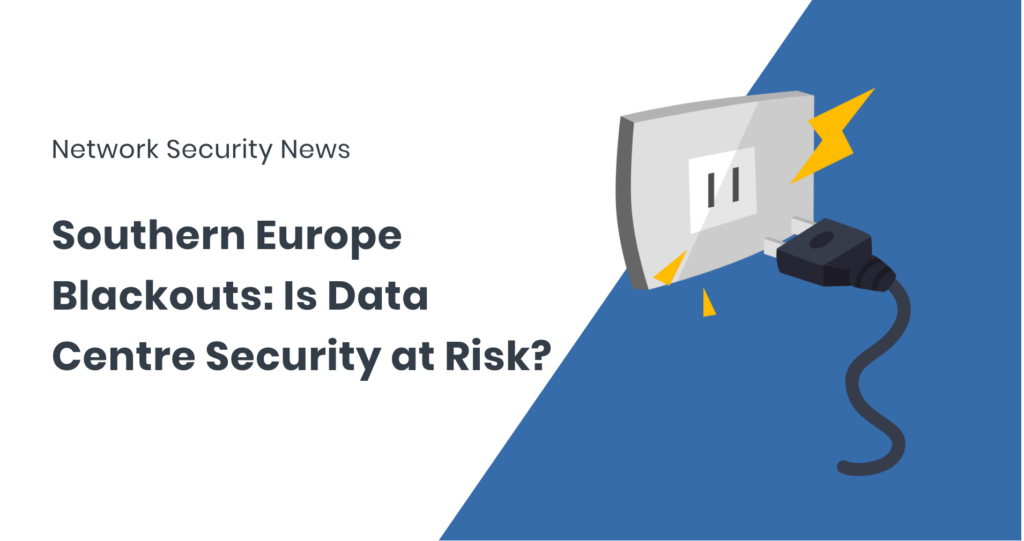Speculation of a cyber attack and data centre vulnerability raises concerns amidst a blackout in southern Europe
In a dramatic turn of events, a widespread power outage has left millions across Spain, Portugal, and parts of France in the dark. This blackout, which began on April 28, 2025, has disrupted daily life, halting operations at major airports, affecting telecommunications, and bringing public transportation to a standstill. As authorities scramble to restore power, questions are being raised about the vulnerabilities in the region’s electric grid and the potential role of cyberattacks.
According to reports from Euronews, the blackout affected the entire country of Portugal and large parts of Spain, including major cities like Madrid, Barcelona, and Valencia. The Spanish rail network was forced to shut down, and internet services across the Iberian Peninsula were severely impacted. Airports, including Madrid’s Barajas International, experienced significant disruptions, further complicating the situation.
The exact cause of the outage remains uncertain, but several factors are being considered. Domestic media have pointed to problems within the European electric grid as a potential source of the disruption. Additionally, a fire on Alaric Mountain in southwestern France, which damaged a high-voltage power line between Perpignan and eastern Narbonne, is being investigated as a contributing factor. Portuguese grid operator E-Redes attributed the outage to “a problem with the European electricity system” and implemented power cuts in specific areas to stabilise the network.
Amidst these explanations, speculation has grown over the possibility of a cyberattack. The SUN reported fears of a geopolitical cyberattack, citing past incidents targeting European infrastructure. The Portuguese Ministry of Internal Administration has not ruled out this possibility, while Spain’s Cybersecurity Coordination Office has cautioned that it is still “too early” to draw any conclusions.
The impact of the outage on the data centre sector remains unknown. Spain and Portugal have become hubs for data centre activity, with 156 operational data centres in Spain and 41 in Portugal. These facilities typically rely on diesel standby generators during outages, which can run for 24-48 hours depending on fuel availability. However, the prolonged nature of the blackout raises concerns about the resilience of these critical infrastructures.
This incident highlights the fragility of modern infrastructure and the potential for single points of failure to cause widespread disruption. The complexity of our systems across power, communications and data infrastructures can obscure risks, making us vulnerable to unexpected events. The recent blackout serves as a reminder of the need for contingency planning to protect against both physical and cyber threats.
As investigations continue, authorities are working to restore power gradually. Spanish grid operator Red Electrica has reported progress in recovering power in the north and south of the country, but full restoration is expected to take several hours. In the meantime, residents are advised to monitor official channels for updates and prepare for potential delays in accessing essential services.
The events in Spain, Portugal, and France underscore the interconnectedness of modern infrastructure and the cascading effects of disruptions. As reliance on digital platforms and electric grids continues to grow, ensuring the security and resilience of these systems becomes increasingly important.
About FastNetMon
FastNetMon is a leading solution for network security, offering advanced DDoS detection and mitigation. With real-time analytics and rapid response capabilities, FastNetMon helps organisations protect their infrastructure from evolving cyber threats.
For more information, visit https://fastnetmon.com

